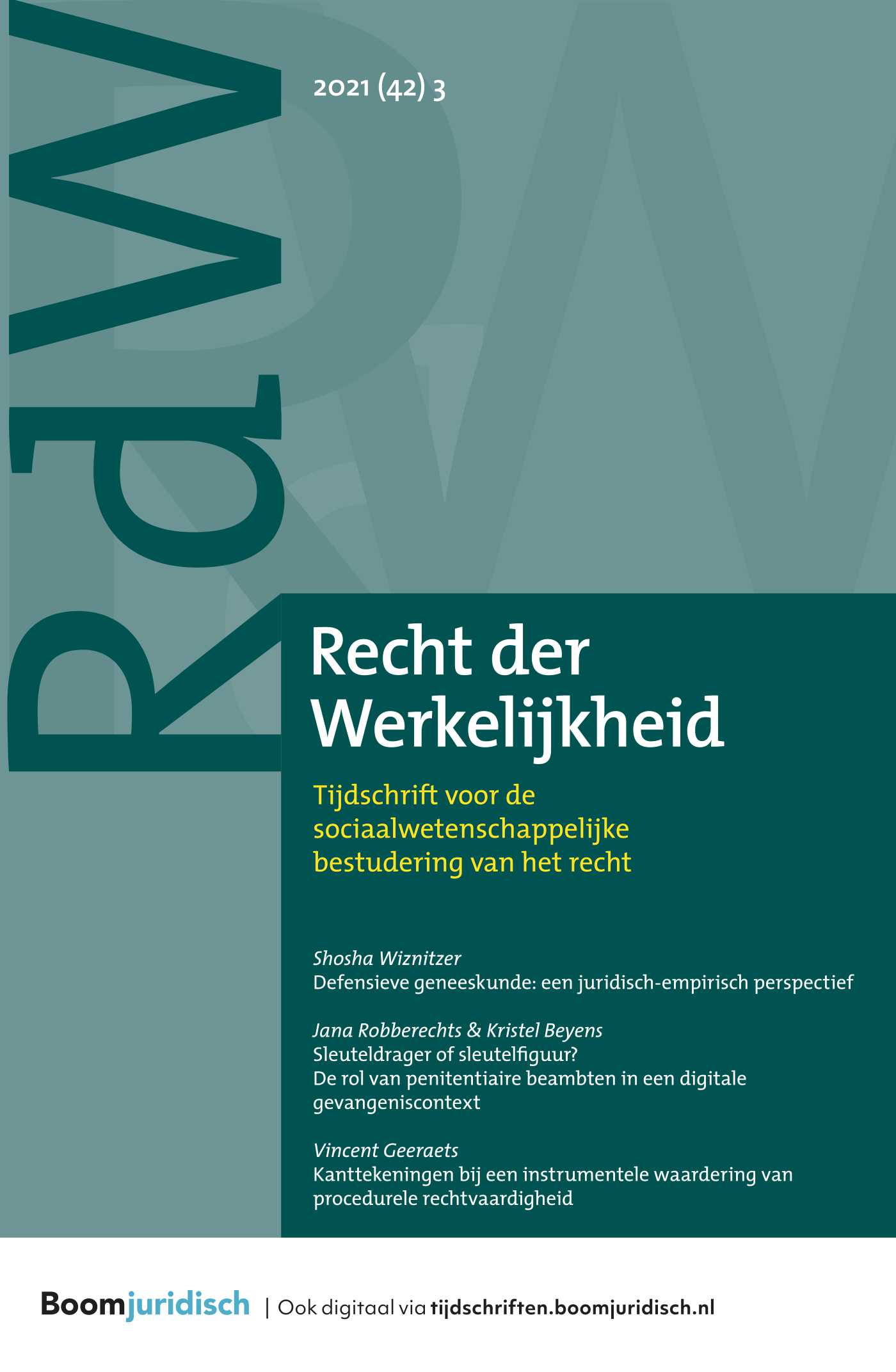|
This article demonstrates how Dutch politicians have in- and excluded people from the former overseas Dutch colonies in/from the Dutch legal and imagined community, against the backdrop of decolonization and increased migration to the Netherlands. Political discourses by members of the Dutch Government and Parliament in the wake of World War II demonstrate the contingent meaning of Dutch citizenship of people in and from the (former) Dutch colonies of Indone-sia, Suriname and the Dutch Antilles. These discourses not only illustrate that formal Dutch nationality as such can proof to be an uncertain status that can be lost. They also illuminate how politicians have redefined the meaning of Dutch citizenship of people from the colonies (who remained Dutch citizens) in con-nection with discourses on their identities. As a consequence, their rights of free migration and settlement in the Netherlands were problematized, both symbolically and via policies. However, Dutch political discourses and related policies are also characterized by instances of partial inclusion of legal aliens and stateless people from the former colonies who lost Dutch citizenship, often to compensate for political injustices in the past. Agency by postcolonial citi-zens played an important role in bringing about these changes. In sum, formal citizenship, statelessness and legal alienage turned out not to be stable predictors of positions in Dutch society: their meaning was and is constantly mediated by power relations. |


Recht der Werkelijkheid
Meer op het gebied van Algemeen
Over dit tijdschriftMeld u zich hier aan voor de attendering op dit tijdschrift zodat u direct een mail ontvangt als er een nieuw digitaal nummer is verschenen en u de artikelen online kunt lezen.
| Redactioneel |
Van de redactie |
| Auteurs | Judith van Erp |
| Auteursinformatie |
| Artikel |
Over de instabiele betekenis van staatsburgerschap, staatloosheid en juridisch vreemdelingenschapNederlandse politieke vertogen over de burger- schapsstatus van 'postkoloniale' burgers |
| Auteurs | Guno Jones |
| SamenvattingAuteursinformatie |
| Artikel |
In blijde verwachting?Een analyse van de oordelen van de Commissie Gelijke Behandeling over zwangerschapsdiscriminatie |
| Auteurs | Kirsten Bolier en Nienke Doornbos |
| SamenvattingAuteursinformatie |
|
In this article we report on our research which aimed to investigate which fac-tors influence the outcome of pregnancy discrimination cases of the Dutch Equal Treatment Commission (CGB) and the compliance of respondents with this outcome. We studied equal treatment legislation and all 188 cases between the period of September 1994 and March 2008. The results show that equal treatment legislation hardly leaves any room for objections raised by the re-spondents. The arguments made by the employers are often based on financial or other business-related burdens, even though these arguments are legally irrelevant. We assume that the strictness of the legislation might cause the lack of willingness to comply with the outcome. This presumption is confirmed by the fact that the legal representatives of employers put forward these irrelevant arguments as well. Furthermore, the results show that the nature of the relation of the applicant with the respondent has an influence on the compliance of the respondent with the outcome. Respondents are more likely to comply in cases where the applicant is already working for the employer instead of applying for a job. The results also show that non-profit organizations are more likely to comply with the outcome than profit organizations. |
| Artikel |
Constitutioneel bewustzijn in Nederland:Van burgerzin, burgerschap en de onzichtbare Grondwet |
| Auteurs | Barbara Oomen |
| SamenvattingAuteursinformatie |
|
Faced with increased individualization, debates on immigration and interna-tionalization, the Dutch government has recently appointed a Constitutional Review Commission to strengthen the Dutch constitution and enhance its social relevance. It is against this background that this article examines the place that the Dutch constitution currently holds in empirical and discursive understand-ings of citizenship in the Netherlands. From the vantage point of citizenship discourse, the interpretation of citizenship (burgerschap) in the Netherlands amongst policy-makers and the public at large hinges on civicness rather than on democratic citizenship, and departs from a strongly assimilationist perspec-tive: ‘burgerschap’ is essentially about participating in and adapting to the dominant culture. From the vantage point of the constitution, the current consti-tution’s main function is legal: constituting government powers and limiting their exercise. Legal scholars emphasize that the Dutch constitution hardly has a more symbolic or social role. These facts are contrasted with data from a representative survey under the Dutch adult population, which demonstrates how the Dutch hardly know anything about the contents of the constitution, but do have great confidence in the document, and consider it to be very important. Interestingly, respondents also emphasize the symbolic and societal function, in addition to the legal function of the constitution. This seems to point towards the possibility of an understanding of Dutch citizenship more firmly based upon the values embodied in the constitution. |
| Discussie |
Rapport Commissie Van de Donk:Pleidooi van de Adviescommissie drugsbeleid voor een intensivering van de handhaving |
| Discussie |
Rapport Commissie Van de Donk:Mager compromis zonder overtuigende stellingname |
| Auteurs | Nicole Maalsté |
| Auteursinformatie |
| Praktijk |
Transnationale gezinnen tussen Egyptisch, Marokkaans en Nederlands recht |
| Auteurs | Friso Kulk en Iris Sportel |
| Auteursinformatie |
| Boekbespreking |
Kabouter Prik tegen de muur |
| Auteurs | Koen van Aeken |
| Auteursinformatie |
| Boekbespreking |
Vreemdelingenrechters over de vreemdelingenkamer van de Raad van State |
| Auteurs | Freek Bruinsma |
| Auteursinformatie |
| Boekbespreking |
Een geruststellende waarheid? |
| Auteurs | Rob Schwitters |
| Auteursinformatie |
| Boekbespreking |
Het mooie en machtige van rechterswerk |
| Auteurs | Pieter Ippel |
| Auteursinformatie |
